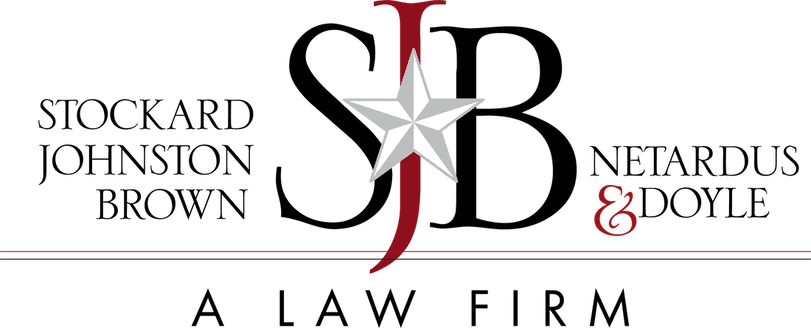Personal Injury refers to the bodily harm that arises from auto accidents and other forms of human negligence. If it happens to you, you are entitled to compensation from the other party. When a person dies, his or her spouse, children, parents or close relatives should demand compensation. Learn more about this area of law through this list of frequently asked questions.
Q. What Causes Personal Injury?
A. Personal injury arises when people are injured in accidents involving automobiles, trucks, motorcycles, bicycles and pedestrians. Motorcycles can cause more dangerous personal injury than motor vehicles. Similarly, pedestrians are more vulnerable to accidents than the people inside vehicles because they are not shielded.
Q. How Can I Help My Lawyer During A Personal Injury Case?
A. As a rule of the thumb, avoid speaking to the insurance company of the defendant. When you must, let the communication with opposing witnesses, insurers, and medical providers be documented. Similarly, keep all medical records safe. If you suffered personal injury to the extent of missing work, record the duration of missed work to demand full compensation. Other things to do in order to make a favorable personal injury claim include:
- Estimating vehicle damages
- Documenting out-of-pocket expenses
- Obtaining a copy or the report from the police
- Taking photographs of the accident scene on your mobile phone
Q. What Important Personal Injury Terms Should I Know?
A. In legal circles, a tort refers to an action that causes personal injury of another person and from which the injured person can demand and receive compensation. Negligence is the defendant’s failure to apply reasonable care, for example while driving. While compensatory damages are money that a plaintiff receives to compensate the damage, punitive damages are money awarded to a plaintiff when the court finds the defendant reckless or willful.
Q. What Must I Do After Suffering Personal Injury During An Accident?
A. One of the most important things to do is report the case to the police. Even where the other party admits liability of the accident, reporting to the police holds him accountable. It is not uncommon to have a person promise to pay you damages only for the individual to pull out of the agreement when both of you leave the accident scene. If you do not report the incident, there might be no way of receiving compensation.
Collect as much evidence as possible from the scene of the accident. Talk to eyewitnesses and exchange contact information so they can testify in your favor. Next, rush to the nearest hospital and get proper medical attention.
For any cases of accidents resulting in personal injury, contact Stockard, Johnston, Brown, Netardus & Doyle, P.C. in Amarillo, Texas, for proper representation and subsequent award of damages.

